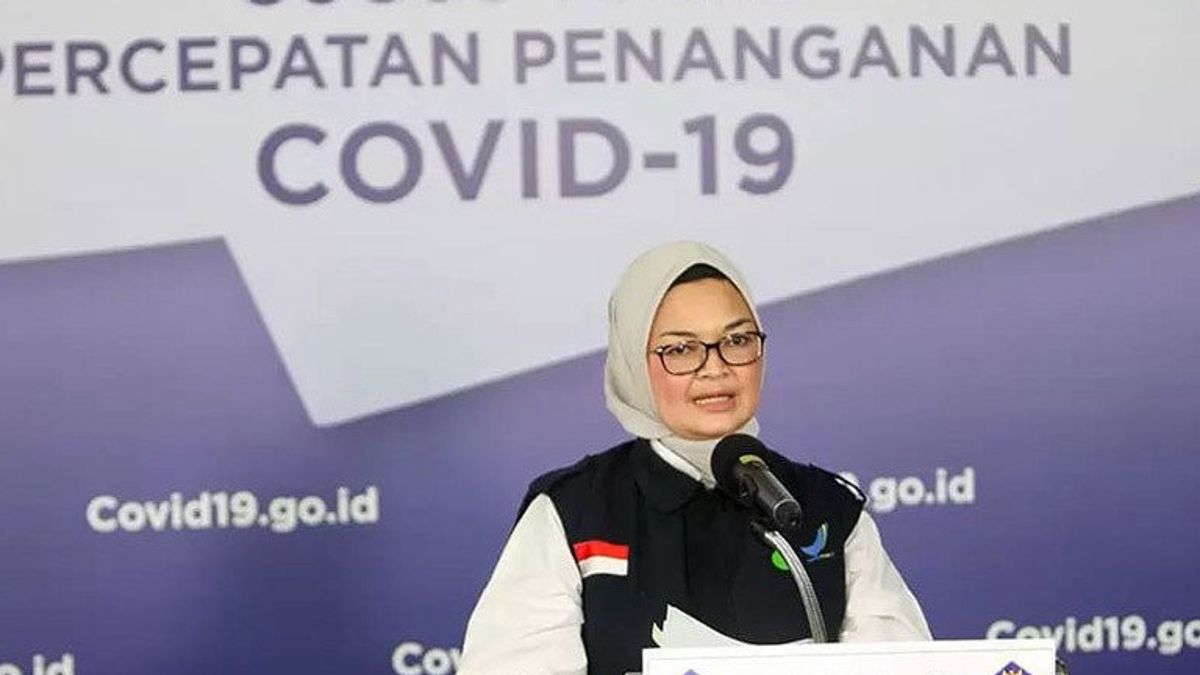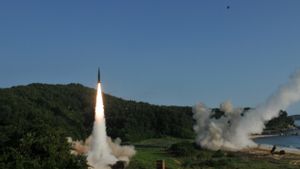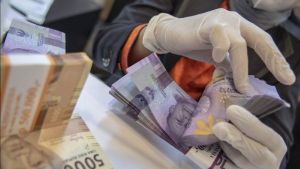
JAKARTA - The Food and Drug Administration (BPOM) issued an emergency use of authorization (UEA) permit for the COVID-19 vaccine from Britain, AstraZeneca, on February 22.
Head of BPOM Penny Lukito explained that AstraZeneca's efficacy is not much different from Sinovac. AstraZeneca reached 70.4 percent while Sinovac reached 65.3 percent.
"This AstraZeneca vaccine is for ages 18 years and over, so it can be for the elderly and the categories must also be the same as the previous Sinovac vaccine, then the storage is the same, matching the countries we usually vaccinate in generally 2 to 8 degrees Celsius," he said. Penny, Tuesday, March 9.
Responding to the news that AstraZeneca's vaccine is considered ineffective, Penny explained, the benefit of the vaccine depends on the recipient. When it comes to the safety of side effects of Post-Immunization Follow-up Events (AEFI), individual responses can differ.
"There could be some quite serious incidents, of course the drug authorities in each country will continue the investigation," said Penny.
Penny emphasized that his party is still trying to carry out vaccination based on clinical trial data. About the effect of the vaccine is being detected.
He emphasized that the AstraZeneca vaccine is not included in the mutual cooperation vaccine.
"AstraZeneca is not a mutual aid vaccine. A vaccine for the mutual cooperation of Sinopharm, Novavax and Moderna," he said.
The English, Chinese, Japanese, Arabic, and French versions are automatically generated by the AI. So there may still be inaccuracies in translating, please always see Indonesian as our main language. (system supported by DigitalSiber.id)












